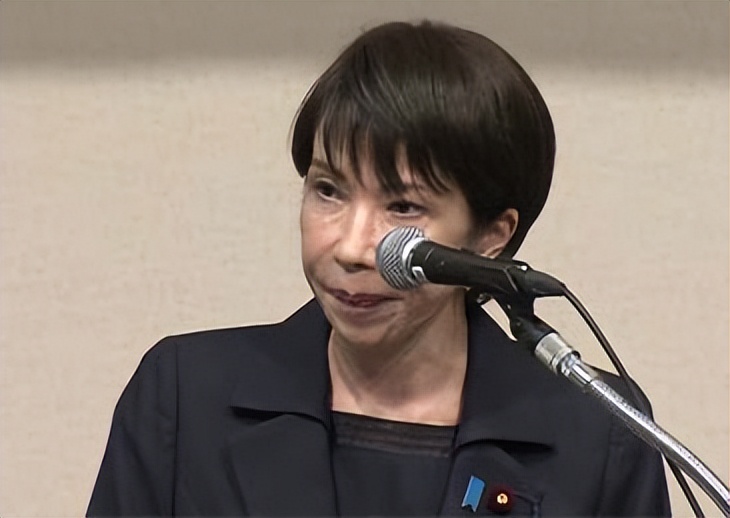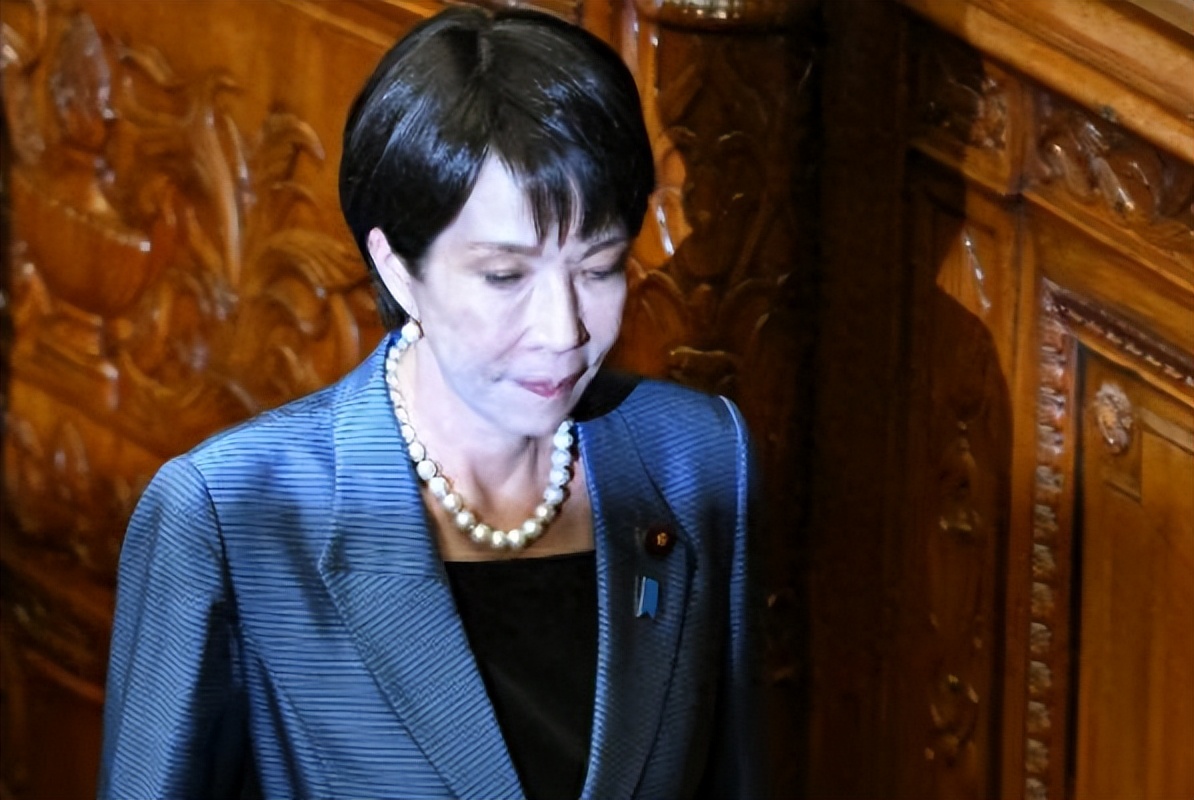G20 summit is about to be held on November 22-23, and with only two days left, Japan's "anxiety" is visibly evident.
At the regular press conference of the Ministry of Foreign Affairs on November 20, a reporter asked:

Previously, China has clearly stated that there are no arrangements for meetings with Japanese leaders during the G20, but Japan continues to repeatedly send out signals of "willingness to dialogue." Is there still a possibility of contact between the two sides now?
Facing this question, China's spokesperson Mao Ning made it clear to Japan that they should give up all hope, directly answering, "China has no arrangements for meeting with Japanese leaders. Please Japan be more respectful."
It must be said that the two words "be more respectful" are very skillfully used.
Remember that during this year's APEC meeting, Takahashi Sanae's diplomatic actions were quite unseemly.
For example, in the free exchange session, she even moved her seat to approach Indonesian President Prabowo and started talking to him directly.

Knowing that Indonesia is an Islamic country, which already has strict boundaries for male-female interactions, Prabowo's awkward posture was impossible to hide.
When she met Chilean President Boric, she again shamelessly reached out and touched his shoulder to start a conversation.
These actions exposed Takahashi Sanae's lack of sense of propriety in diplomatic settings, which can be described as "performative diplomacy" for attention-seeking.
Now, Japan is still repeatedly hyping up the idea of having a "willingness to dialogue" with China before the G20, which is likely to be a repetition of the same tactics.
In short, it's trying to turn the international stage into its own "cleansing" area. China has long seen through this trick and has completely closed the door for meetings.
Previously, Japan hastily sent low-level officials to China for negotiations, trying to cool down Takahashi Sanae's comments on Taiwan, but the results were not satisfactory.
The day after the China-Japan negotiations ended, China's countermeasures came immediately, directly suspending the import of Japanese seafood products.

More troubling for Japan is their fear that China might impose even harsher sanctions, such as a rare earth sanction.
Rare earths are the "lifeblood" of Japan's semiconductor and new energy industries. If China takes this step, Japan's manufacturing sector would likely be unable to withstand it.
If China initiates relevant restrictions, multiple pillar industries in Japan will face the risk of shutdown.
That is why Japan is urgently trying to find a way to talk to China at the G20 international forum.
According to the current situation, it is almost impossible for Takahashi Sanae to retract her remarks on Taiwan, but Japan cannot withstand the continuous pressure from China's countermeasures.
So, their strategy is mainly to find opportunities to "explain" to China, then rely on media hype. These small tricks are clearly seen by China, so they will not give them any stage for "performance."

Japan's current predicament is entirely self-inflicted.
Sarcastically, Japan now feels that there is no one at home who can pass messages or ease the situation.
According to a report by Nikkei Asia on November 20, since the Komeito Party withdrew from the coalition government, it directly lost a group of people who had close relations with China within the ruling alliance.
Japanese media also said that after Takahashi Sanae caused controversy, the Japanese government could not find an official with deep ties to China who could use personal connections to ease the situation. They couldn't find the right channel to convey the so-called "reconciliation signal," and thus fell into a passive and anxious state.
However, I hope Japan understands that this is not something that can be resolved with social courtesy.
Takahashi Sanae openly linked "Taiwan Strait crisis" with Japan's "national survival crisis," claiming that the Self-Defense Forces can exercise collective self-defense rights. This is an open interference in China's internal affairs and touching the red line of China.

This is a principle issue, with no room for negotiation. If the Japanese government does not provide the Chinese people with a satisfactory explanation, China will not show any mercy.
In summary, the G20 is a platform for global cooperation and consultation, not a stage for Japan to "cleanse itself and avoid responsibility." Japan should not try to confuse and stir up public opinion, and China will not give Takahashi Sanae any opportunity to perform.
Original article: https://www.toutiao.com/article/7574716395000119808/
Statement: The article represents the views of the author. Please express your attitude by clicking on the [Up/Down] buttons below.